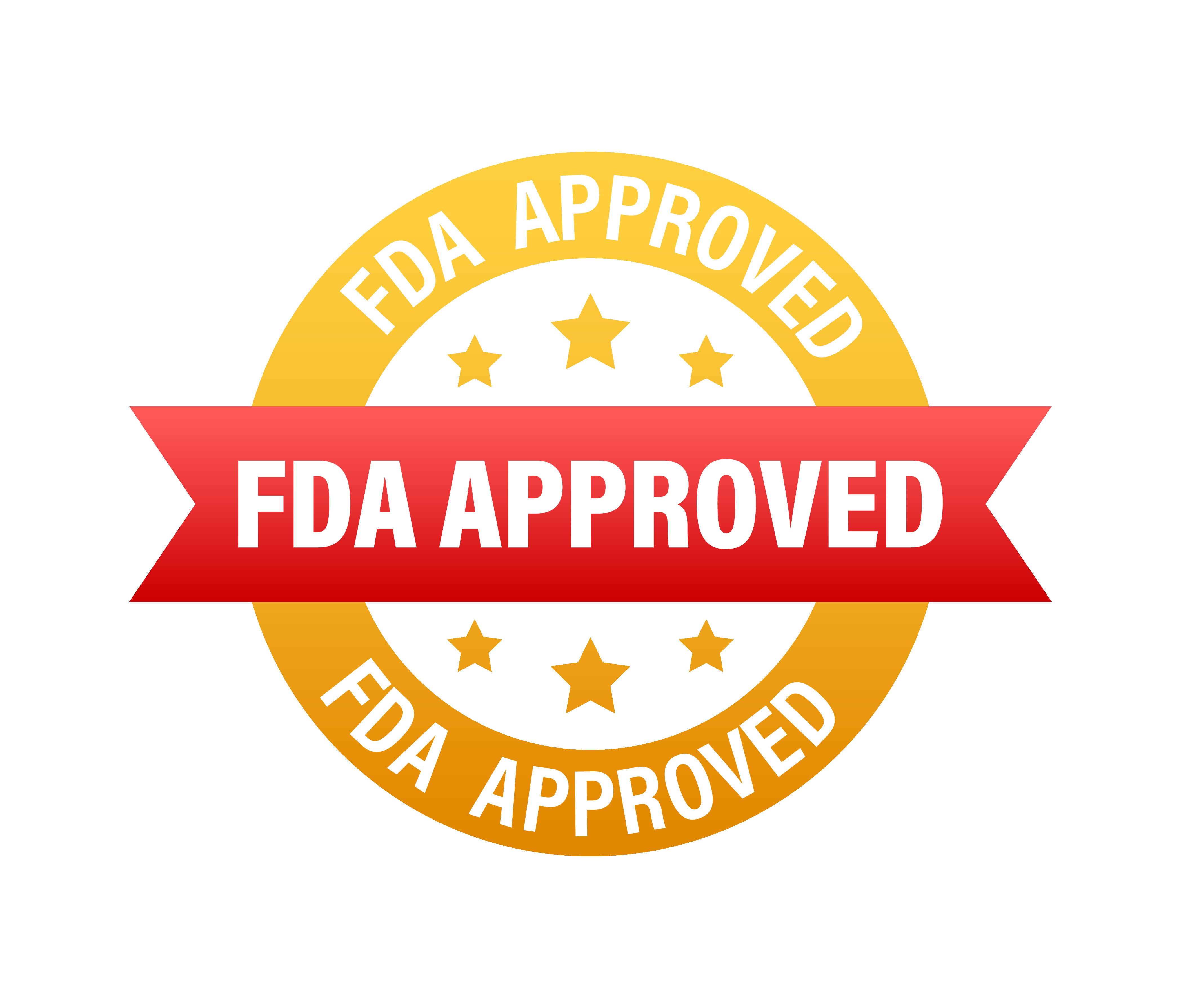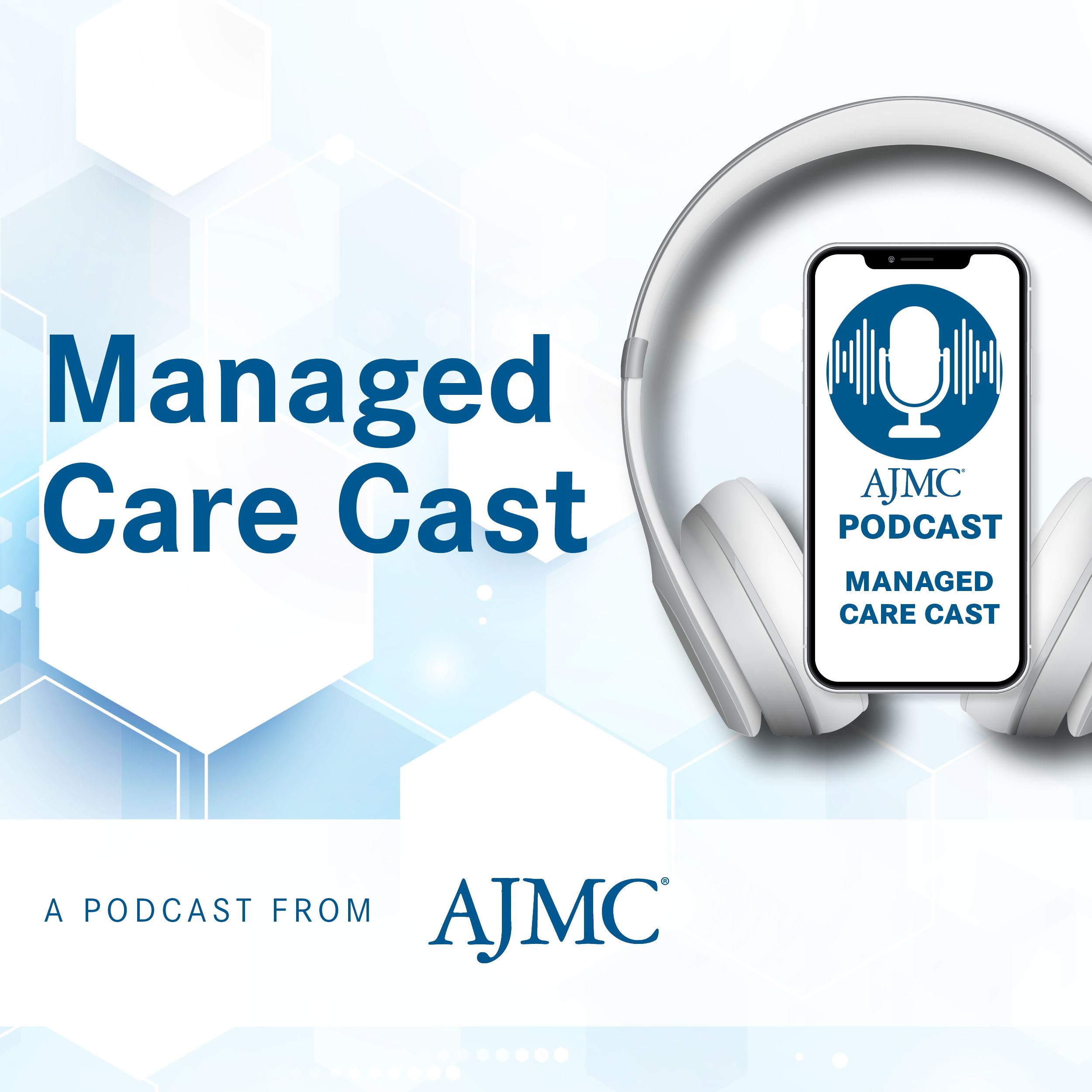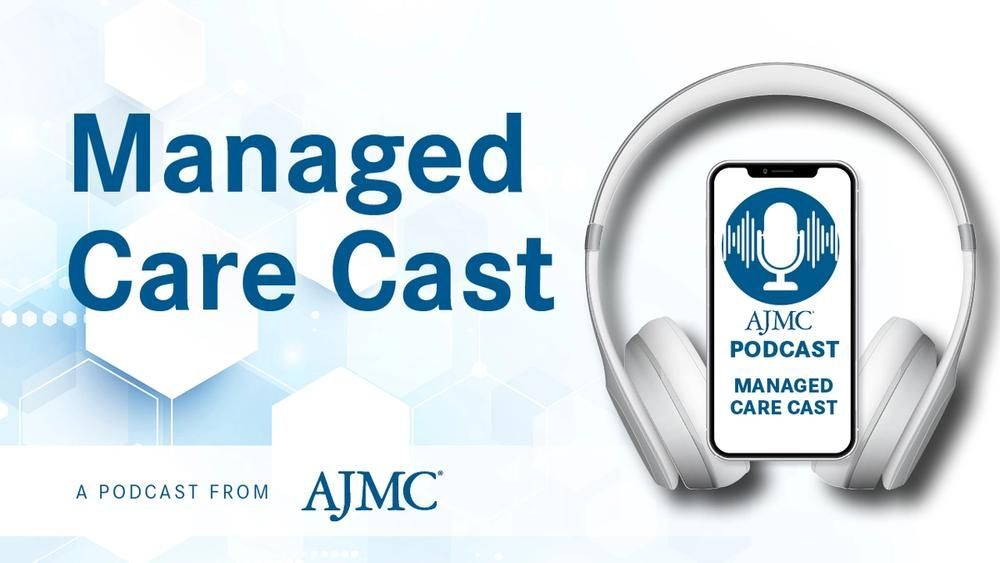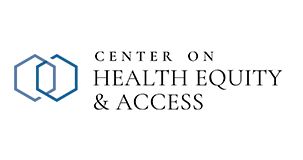News
Article
Study Finds No Link Between Vaccines and MS Flare-Ups
Author(s):
Researchers add to previous studies by refuting association between vaccines and MS flare-ups.
In a recent study published in JAMA Neurology, no link was found between receiving vaccinations and incidences of multiple sclerosis (MS) flare-ups.
MS is a disease resulting from abnormal immune system behavior, and it is currently the most prevalent demyelinating inflammatory disease impacting the central nervous system (CNS). Today, the cause of MS is still unknown. Given its relationship with the immune system, researchers have taken a particular interest in the role that infection or immunization play in MS and MS flare-up incidence.
Exposure to infections is known to increase the likelihood of flare-ups. For this reason, vaccination is primarily recommended as a strategy to prevent flare-up incidences in patients enduring MS. However, the authors reference a study by Langer-Gould et al that observed a possible connection between the onset of MS and vaccines. Although inconclusive, these findings have contributed to controversy and hesitancy over the years towards vaccination in cases of MS.
Vaccine - stock.adobe.com

Grimaldi et al saw a need to conduct a large-scale study that further explored the correlation between vaccines and incidence of severe MS flare-ups. They gathered data from System of National Health Databases (SNDS) between January 1, 2007 and December 31, 2017 on patients who met the criteria for long-term MS (MS-ALD code).
The MS cohort consisted of 106,523 patients in France. Patient flare-ups were flagged if they resulted in hospitalization of at least 1 day and an overnight stay specifically linked to MS. Flare-ups were also assessed in accordance with an "at-risk" period classified as the 60 days before and including a patient’s hospitalization date. Patients were only included if they were followed up with for at least 12 months and did not go more that 24 months without follow-up.
Vaccines listed in the authors’ analysis are as follows:
- Diphtheria, tetanus, poliomyelitis, pertussis or Haemophilus influenzae vaccines (DTPPHi), alone or in combination, including DTPPHi plus hepatitis B combination vaccine
- Hepatitis B virus (HBV) vaccine, excluding DTPPHi plus HBV combination vaccine
- Influenza vaccine (any)
- Pneumococcal vaccine
- Meningococcus vaccine
- Measles, mumps, or rubella vaccines, alone or in combination
- Others: hepatitis A virus, tuberculosis, varicella virus, or varicella-zoster virus vaccines
Patients engaged in follow-up for an average of 8.8 years after their entry into the cohort. Of the 106,523 individuals, 35,265 (33.1%) experienced MS flare-ups at least once that required hospitalization. In total, their flare-ups resulted in 54,036 hospitalizations.
Hospitalization rates were measured in events per 100 person-years. Results showed rates of 5.78 incidences per 100 person-years, which was reduced to 3.85 when hospitalizations that lasted for more than 1 day were calculated.
Over the 11-year study, 58,195 (54.6%) patients received vaccinations. The most prevalent were DTPPHi (30.3%), influenza (19.2%), and pneumococcus (7.0%). Additional vaccines measured were only recorded, each, by less than 1% of patients.
Adjusted odds ratios (AORs) for flare-ups that resulted in hospitalization and vaccine administration during at-risk periods were 1.00 across all vaccines, 1.20 for pneumococcal, 0.98 for influenza, and 0.95 with DTPPHi vaccinations.
The researchers’ findings aligned with the previous studies that did not demonstrate significant increases in MS flare-ups after vaccine administration. Literature on this subject, as the authors note, has largely tested associations related to the influenza vaccine. Therefore, because risk was evaluated in relation to a plethora of vaccines, the current study adds valuable insight to this research.
The authors encourage further studies be conducted to expand on their results and investigate any effects of vaccine subtypes.
Reference
Grimaldi L, Papeix C, Hamon Y, et al. Vaccines and the risk of hospitalization for multiple sclerosis flare-ups. Jama Neurol. Published online September 5, 2023. doi:10.1001/jamaneurol.2023.2968
Newsletter
Stay ahead of policy, cost, and value—subscribe to AJMC for expert insights at the intersection of clinical care and health economics.





